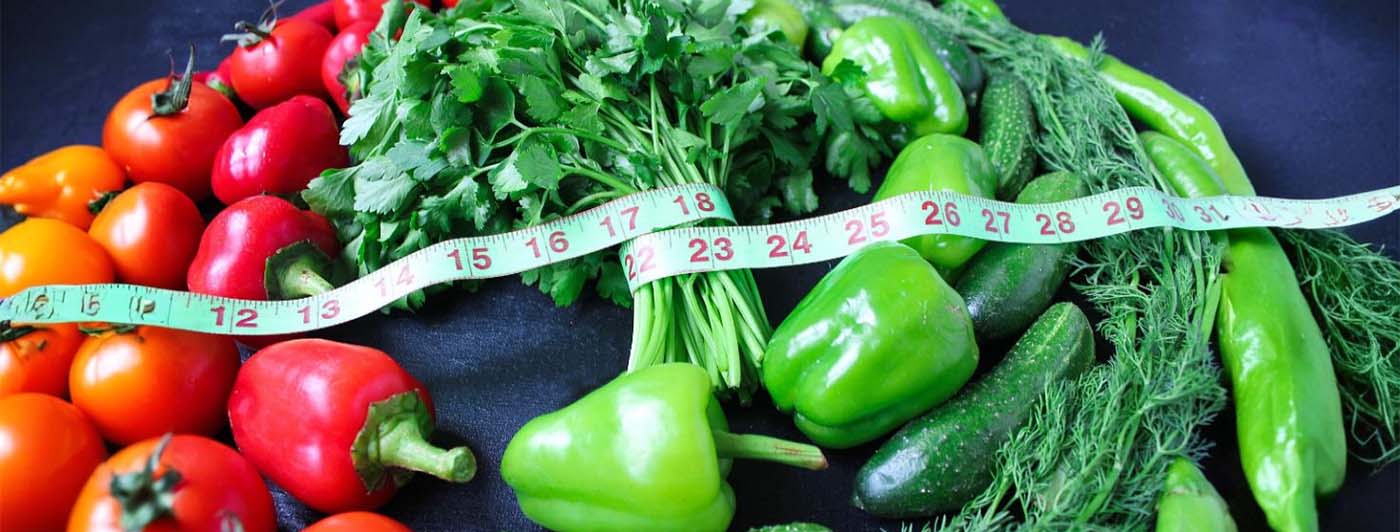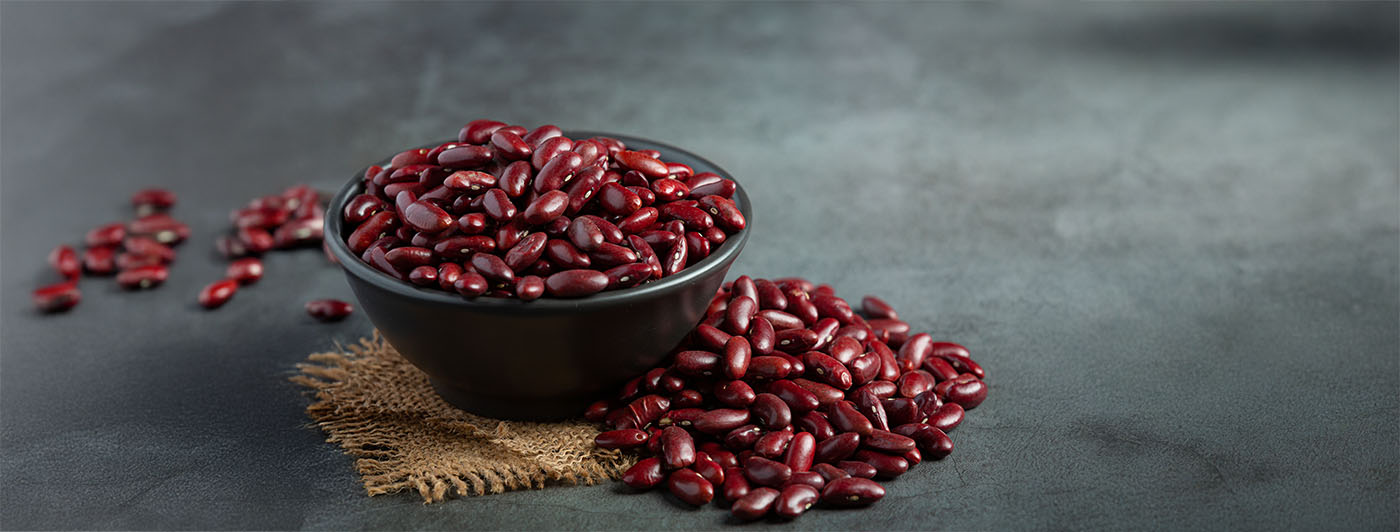When trying to gain healthy weight, especially on a plant-based diet, weight gain vegetables can be your secret weapon. While most people associate vegetables with dieting and weight loss, there’s a lesser-known group of high-calorie, nutrient-dense vegetables that help increase your caloric intake while supporting muscle development, digestion, and metabolism.
Let’s explore the top 12 weight gain vegetables that can power up your plate with nutrients, flavor, and steady weight gain results.
Why Focus on Weight Gain Vegetables?
Gaining weight isn’t just about consuming more calories—it’s about consuming the right kind of calories. Weight gain vegetables provide slow-digesting carbohydrates, essential vitamins, and minerals that support cellular repair, muscle growth, hormonal balance, and energy regulation. When paired with healthy fats and plant-based proteins, they form a solid foundation for a nutrient-rich, high-calorie diet.

Here are 12 vegetables to prioritize.
1. Sweet Potatoes
Sweet potatoes are loaded with complex carbohydrates, beta-carotene (a vitamin A precursor), fiber, and potassium. One medium sweet potato contains around 112 calories and 26g of carbs, making it a perfect energy booster. Their slow-digesting nature helps maintain blood sugar levels while promoting muscle glycogen storage.
Pairing them with sources of vegan protein like lentils or tofu not only enhances the meal’s nutritional profile but also supports sustained muscle growth. They also support immune health and vision, and roasting them with olive oil and herbs makes for a tasty, calorie-rich dish.
2. Green Peas
Green peas are rich in calories, protein, and fiber. A single cup provides around 120 calories and 8g of protein—more than many other vegetables. They’re also packed with iron, phosphorus, and B-vitamins that aid in muscle repair and energy metabolism.
As a weight gain vegetable, peas stand out for their high lysine content—an amino acid essential for muscle protein synthesis—making them a great complement to other plant protein sources.
3. Corn
Corn is a naturally sweet, starchy weight gain vegetable that provides around 123 calories per cup. It is also rich in fiber, magnesium, and antioxidants like lutein and zeaxanthin, which support eye health. Corn is a great energy source and can be eaten boiled, grilled, or blended into soups and salads.
It’s a smart inclusion during refeeding phases or as a part of cyclical carb-loading in certain diet plans like a keto diet chart.
4. Beets
Beets are known for their earthy sweetness and detoxifying properties. One cup provides about 60 calories and plenty of nitrates, which help increase blood flow and improve nutrient delivery to muscles. Beets also support liver health and may improve athletic performance by enhancing oxygen utilization.
As a weight gain vegetable, they’re excellent when roasted or added to high-calorie smoothies with bananas and nuts.
5. Carrots
Cooked carrots are more calorie-dense and easier to digest than raw ones. One cup of cooked carrots provides about 50 calories and is loaded with beta-carotene, fiber, and vitamin K. These nutrients support immune health and skin regeneration, both important for overall vitality during weight gain.
Pairing carrots with nut butters or hummus is a great way to boost calories.
6. Pumpkin
Pumpkin is a soft, starchy weight gain vegetable that blends well into soups, porridge, and smoothies. One cup of cooked pumpkin has approximately 80–90 calories, high fiber, and significant levels of potassium and vitamin C. Its slow-digesting carbohydrates provide a sustained energy release.
You can blend it into shakes with one scoop protein calories to amplify both taste and nutrition.
7. Yams
Yams are a staple carbohydrate source in many cultures and contain around 158 calories per cup. They’re high in resistant starch, which supports healthy gut flora and improves nutrient absorption. Yams are also rich in vitamin C, manganese, and potassium—crucial for bone health and fluid balance.
Their low glycemic index makes them ideal for controlled, steady weight gain.
8. Butternut Squash
With a sweet, nutty flavor, butternut squash is a delicious weight gain vegetable that contains 82 calories per cup and is high in vitamin A, vitamin C, and manganese. It supports immune function, collagen production, and carbohydrate metabolism.
It can be blended into soups or roasted and served with legumes such as chana (with chana protein per 100g at ~19g) to create filling and protein-balanced meals.
9. Plantains
Plantains are a starchy cousin of bananas and a highly effective weight gain vegetable, delivering over 200 calories per cup. They are rich in vitamin B6 and potassium, which support nerve function and muscle recovery. Their high carb content makes them excellent for quick energy replenishment.
You can fry, roast, or boil them and serve with peanut butter or coconut milk for a calorie-dense option.
10. Avocados
Often treated as vegetables in savory dishes, avocados offer around 240 calories per fruit and are loaded with heart-healthy fats, vitamin E, and fiber. The monounsaturated fats help improve absorption of fat-soluble nutrients like A, D, E, and K—particularly useful when paired with other weight gain vegetables.
They’re perfect for spreading on toast, blending into smoothies, or adding to grain bowls.
11. Taro Root
Taro is a tuber that provides about 190 calories per cup and is packed with complex carbohydrates, vitamin C, magnesium, and potassium. It has a creamy texture when cooked and is a staple in many Asian and African cuisines.
Its anti-inflammatory properties and high fiber content support digestion and nutrient assimilation, important for weight gain goals.
12. Green Bananas (Cooking Bananas)
Green bananas are starchy, high-calorie foods that deliver around 180–200 calories per serving. They are high in resistant starch and potassium, which promote gut health, support electrolyte balance, and aid in lean muscle growth.
Steamed or fried, they pair well with legumes and sauces in wholesome meals.
How to Maximize Your Meals with Weight Gain Vegetables
To make the most of these weight gain vegetables, combine them with calorie-rich ingredients like olive oil, tahini, nut butters, and protein powders. A smoothie with pumpkin, banana, and plant based protein powder is a delicious, nutrient-dense post-workout option.
For snacking, mix roasted makhana with green peas and seasonings. And if you're wondering about micronutrients, include foods rich in vitamin B12 fruits and vegetables like fortified mushrooms or leafy greens, especially on a vegan diet.
Smart Additions for Plant-Based Gainers
A weight-gain plan benefits from seed blends. Comparing chia seeds vs flax seeds, both are excellent for healthy fats and fiber, though chia absorbs more water and forms a gel that aids hydration, while flax contains lignans that support hormone balance.
Tracking your macros also helps. For example, one scoop protein calories averages around 100–130, which can be a helpful addition to meals or snacks throughout the day.
Final Thoughts
Choosing the right weight gain vegetables can make all the difference when you're trying to build lean mass, boost energy, and nourish your body holistically. These vegetables offer far more than just calories—they support your digestive health, muscle recovery, and long-term vitality.
By incorporating sweet potatoes, yams, avocados, plantains, and other high-calorie vegetables into your routine—along with smart additions like plant based protein powder—you can reach your weight goals in a clean, plant-powered way.












